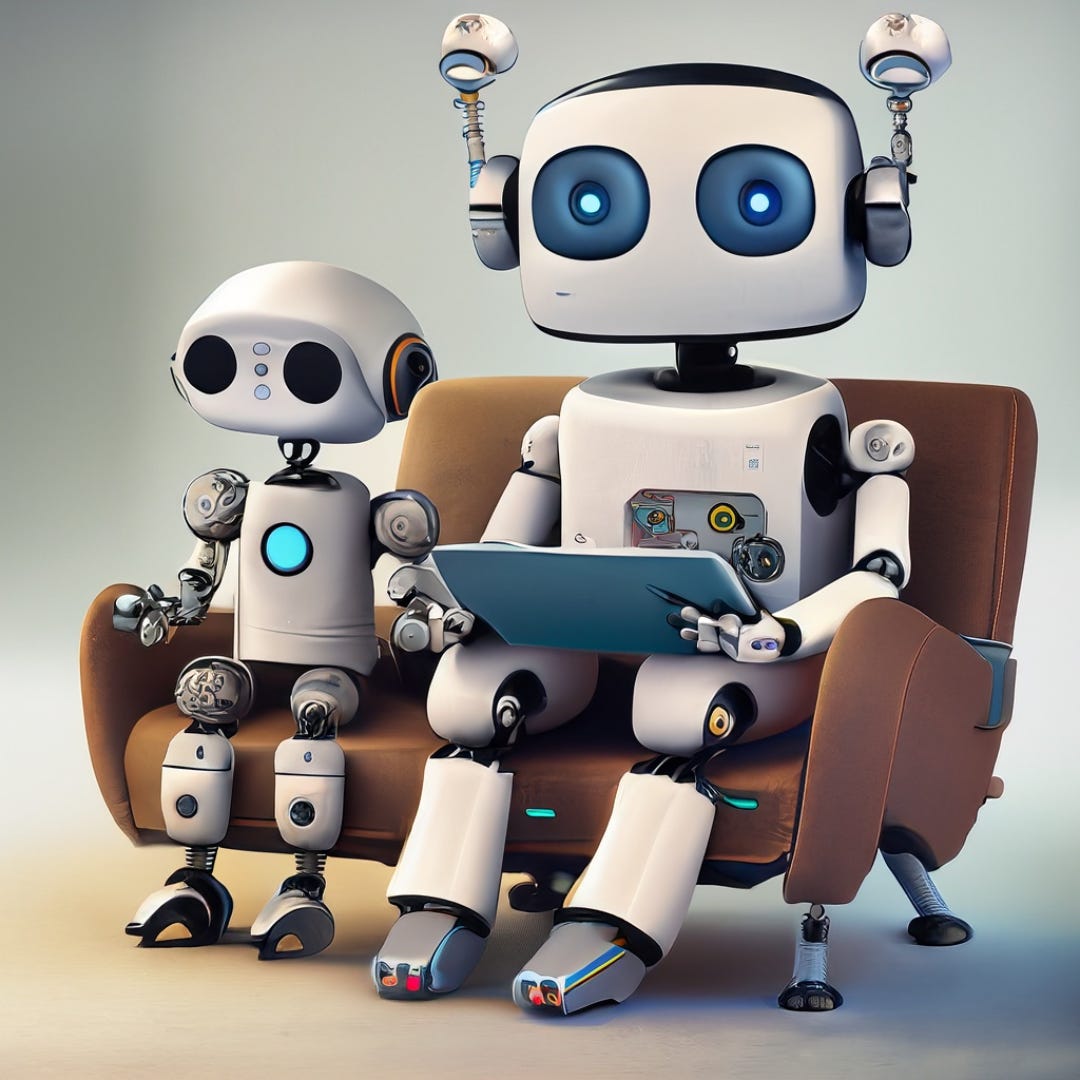Uncovering the History of Father’s Day
Let's dig into Father's Day's rich and often overlooked history and how it shapes our understanding and celebration of fatherhood today.
Let's dig into Father's Day's rich and often overlooked history and how it shapes our understanding and celebration of fatherhood today.
Now, imagine, if you will, the year is 1909. We're in the state of Washington, in the city of Spokane. A woman named Sonora Smart Dodd sits in a church pew, listening to a sermon about Mother's Day. A sudden, profound realization strikes her. Her own father, a Civil War veteran named William Jackson Smart, raised her and her five siblings alone after their mother died in childbirth. In her eyes, he was as deserving of recognition as any mother.
Sonora was not a woman to let a good idea pass her by. No, she started to campaign, to lobby for the idea of Father's Day. Now, this was not a time of social media or instant messaging. It was a time of letters, meetings, and painstakingly slow progress. Her idea met with resistance, even ridicule. Many saw it as a commercial gimmick, a money-making scheme for businesses. But Sonora, she persisted. She believed in the idea of celebrating fathers, of giving them their due.
Let's fast forward to 1910. The first Father's Day celebration occurs in Spokane, Washington, on June 19th. It was not an official holiday yet but a start, a spark. And sparks, as we know, have a way of starting fires.
Now, let's ask ourselves, why was it so hard for Father's Day to gain acceptance? Why did it take until 1972, more than 60 years after Sonora Dodd proposed the idea, for Father's Day to become an official holiday in the United States? What does this tell us about how our society views fathers and fatherhood?
We might argue that the struggle for Father's Day reflects a more profound struggle with how we perceive and value fathers. For much of history, fathers were often seen as stern authority figures, the breadwinners, the disciplinarians. They were not always associated with the nurturing, emotional role we celebrate today. Could it be that our reluctance to embrace Father's Day was tied to our reluctance to see fathers as deserving of recognition for their emotional labour?
Now, let's bring it back to the present day. How do we celebrate Father's Day today? It's often marked with gifts, cards, and family gatherings. But beneath the surface, it's more than that. It's a recognition of the evolving role of fathers, an acknowledgment of their contributions beyond the financial. It's a celebration of how fathers shape their children's lives, not only through their presence but through their actions, words, and love.
So, as we celebrate Father's Day this year, let's remember Sonora Smart Dodd. Let's remember her vision, her persistence, and her belief in the importance of recognizing fathers. Let's challenge ourselves to think critically about how we view and value fatherhood and how that shapes our relationships, our families, and our society.
And let's not shy away from asking the hard questions. How can we continue to evolve our understanding of fatherhood? How can we ensure all fathers feel valued and recognized for their contributions? These are questions worth pondering, not just on Father's Day but every day. Because history, as we know, is not just about the past. It's about how we understand the present and shape the future.


